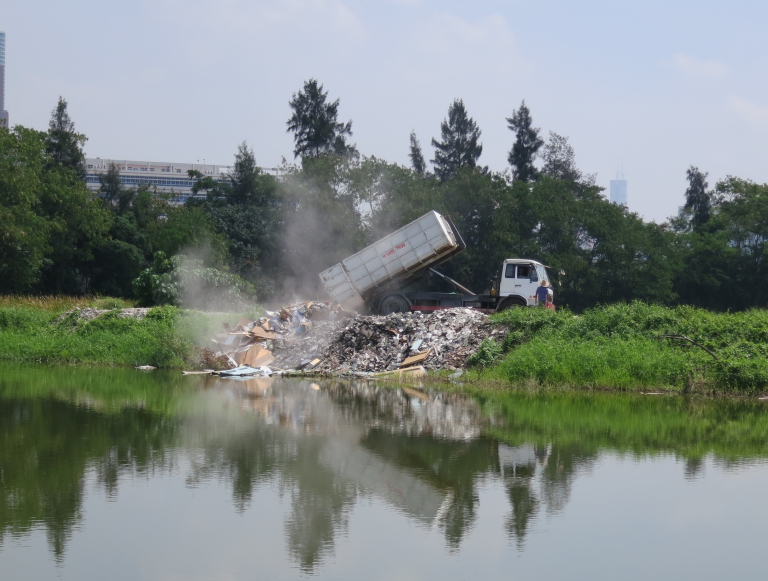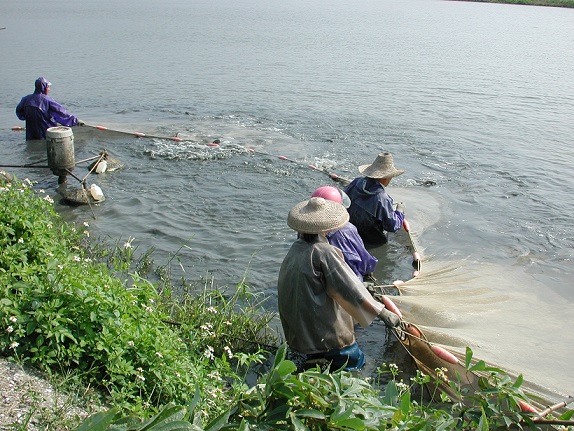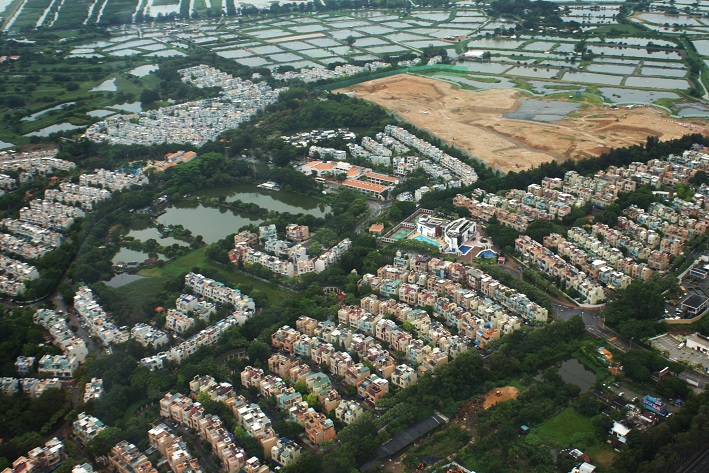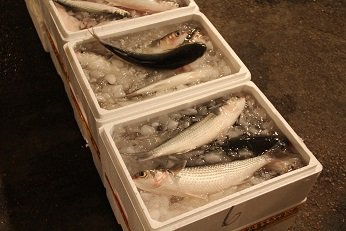Commercial Competition and Changes in Market Trend
As at 2015, the output of the Hong Kong pond fish culture industry only accounted for 2% of the total freshwater fish consumption in Hong Kong[1]. Retailers prefer to purchase freshwater fish produced in mainland China due to their stable and abundant supply. In contrast, the supply of local freshwater fish is small and unstable, making it less competitive. Despite the continuous increase in various costs, such as the costs of fish feeds, labour and transportation, local fish farmers dare not raise the price of their fish. As a result, fish prices stay more or less the same for many years. Moreover, Hong Kong people prefer saltwater fish; the demand for freshwater fish is relatively low. This has forced fish farmers to keep the price of freshwater fish more or less the same for a long period of time. If the wholesale price of freshwater fish is close to the production cost, fish farmers will be operating without a profit, making it very difficult for them to make a living.
Water pollution

[Illegal dumping of construction waste] Some fishponds are located next to industrial areas, container depots, garages and carparks. These facilities may discharge waste water and oil and pollute the water of nearby fishponds. Heavy rain, in particular, may flush waste water into fishponds and threaten the fish inside. In recent years, we have seen reports of construction waste dumping from time to time, affecting the wetland habitats.
Hard to find successors for aging fish farmers

Most of the existing fish farmers are getting old. According to Mr. Lai Loi Chau, former council chairman of the Hong Kong N.T. Fish Culture Association, the average age of fish farmers is over 60. The working conditions of fish farmers are harsh. They have to constantly work under the sun and the rain. As a result, very few young people are willing to join the fish culture industry, for which aging has become a serious problem.
Real Estate Development

[Palm Springs, where fishponds were filled and became container depots]
As the New Territories rapidly become urbanized, many fishponds are filled and become the site of development projects, examples include Fairview Park in Yuen Long, the Tin Shui Wai New Town, Wang Chau Industrial Estate and Palm Springs [2]. Since the price of the land occupied by the fishponds is cheap and the area is vast and scenic, many developers have long been resuming land and carrying out real estate developments in the wetlands and fishponds in the Deep Bay area, causing fishponds to become deserted.
References:
- Agriculture, Fisheries and Conservation Department Annual Report
2. Guided tour for liberal studies: Fung Lok Wai – A Battle over Wetland Conservation, Ming Pao News Web, 2013-04-28




